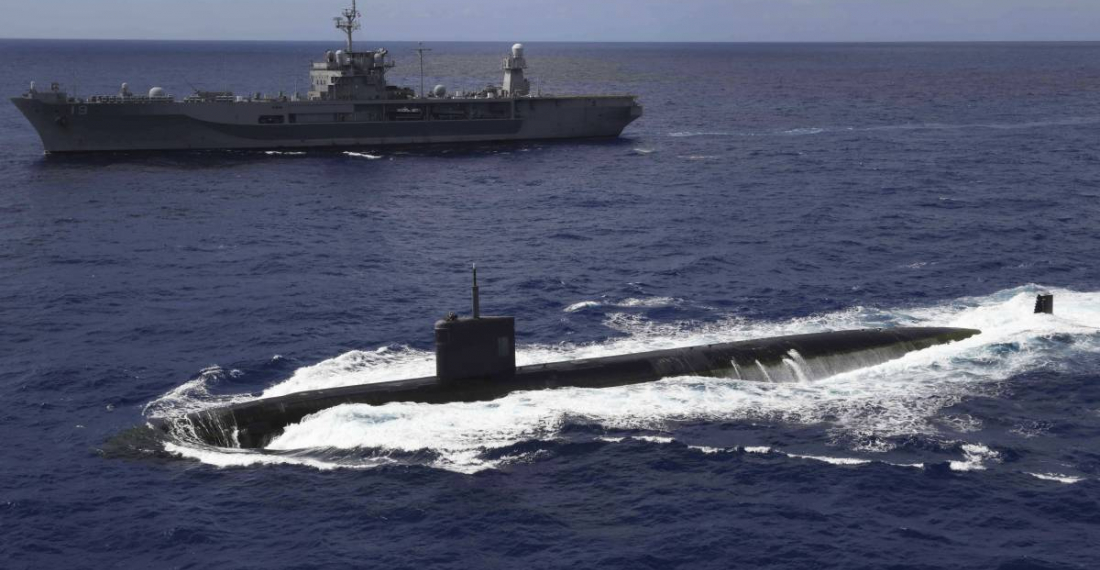Chinese and Western analysts appear to have come to the conclusion that a confrontation between the United States (and at least some of its allies), and China in the coming two decades is inevitable.
In recent years an increasingly confident China has become much more assertive in the way it deals with challenges both at home and abroad. It has torn up international agreements, such as the one on Hong Kong, and flexed its muscles across the region intimidating its smaller neighbours. This is inevitably putting it on course to a head on collision with the United States. China and the US are still talking but it seems the talk is how to make the crisis or crises on the horizon less risky. In the meantime both sides are preparing for the worst.
The US on its part is in the process of disentangling itself from various regional conflicts to concentrate on the Indo-Pacific region. The hasty withdrawal from Afghanistan was a case in point. There may be others.
On Wednesday, the process was taken a step further with the launch of the new AUKUS security arrangement, bringing together the US, the UK and Australia. Australia, being the closest to the region, has been feeling China's ire in recent years. Alone it is no match. But together with the US and UK Australia becomes an immensely important asset.
AUKUS is a new security pact, being described as the biggest security arrangement between the three nations since World War Two.
While the US, UK and Australia have long been allies, AUKUS formalises and deepens their defence co-operation.
The pact will focus on military capability, separating it from the Five Eyes intelligence-sharing alliance which also includes New Zealand and Canada.
"This is an historic opportunity for the three nations, with like-minded allies and partners, to protect shared values and promote security and prosperity in the Indo-Pacific region," said the leaders of the three nations in a joint statement.
The leaders did not refer to China directly, but said regional security challenges had "grown significantly".
AUKUS first task is to equip Australia with nuclear powered submarines,
These submarines are much faster and harder to detect than conventionally powered fleets. They can stay submerged for months, travel for longer distances and also carry more.
Having them stationed in Australia is critical to US influence in the region, analysts say.
The US is sharing its submarine technology for the first time in 50 years. It had previously only shared technology with the UK.
Australia will become just the seventh nation in the world to operate nuclear-powered submarines, after the US, UK, France, China, India and Russia.
Australia has reaffirmed it has no intention of obtaining nuclear weapons.







